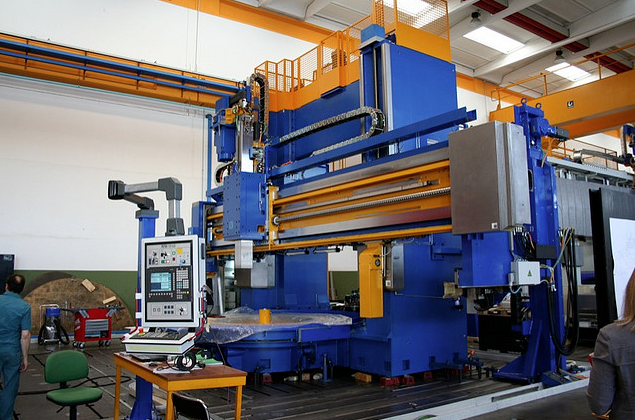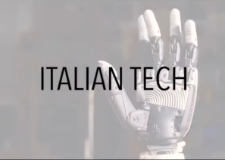A trio of American trade press editors left for Milan, Italy, on the weekend of July 4 to begin a five-day tour of 13 machinery manufacturers across northern Italy. The trip was sponsored by the Italian Trade Commission (www.ice.it), to highlight the unique capabilities of the country’s machine industry. Italy has been the third-leading exporter of machines to the United States—following Germany and Japan—but is facing strong competition from China for the number-three spot.
Most of the companies are affected by “The Crisis,” as they uniformly called the current global economic recession. Leaders at all of the companies have maintained focus on innovation and engineering to help them weather the downturn and prepare for an eventual economic improvement. Evolution from 2D to 3D computer-aided drafting applications is another consistent trend, as each company seeks to maintain competitive edge. Companies hosting the journalists provided a business outlook of each industry segment, factory tours, engineering information and, of course, samples of the famous northern Italian cuisine. The journalists saw huge metal and ceramic working machines, as well as machines for textiles, packaging, plastics, leatherworking and even pasta making.
Roll call
PietroCarnaghi makes large milling machines, including one used to make parts for the U.S. Delta IV rocket. Comez makes textile machines, working closely with the famed Italian fashion industry. Jobs is another metal-working machinery maker whose product is a five-axis milling machine. Nordmeccanica does coating and laminating for the packaging industry. Sitma is in the graphic arts industry, integrating printing machines with folders, sorters, labelers and the like. Sacmi is a larger manufacturer with four businesses, including injection and compression molding plastics, friction presses to make ceramic tiles, packaging and vision systems. Marchesini makes packaging machines. Fava and Pavan are competitive pasta machine manufacturers, each focusing on different parts of the machine for innovation and competitive advantage. This was also the only industry segment not affected by the recession. Pasta is a staple in many people’s diets and is low cost. There are also new markets for pasta, such as Nigeria, to help bolster sales. Erretre and Gemata are in the leather industry, making machines for tanning and finishing leather. Partnerships with the fashion and automotive industries are a must in this industry. PAL makes a line of wood recycling machines that can separate foreign materials from wood chips, which can then be used for making chip boards of various grades. The final stop was Ronchi, another packaging machine manufacturer specializing in fillers.
A set of photos from the trip can be found at www.flickr.com/ photos/garytheeditor/sets/72157621453050856


























